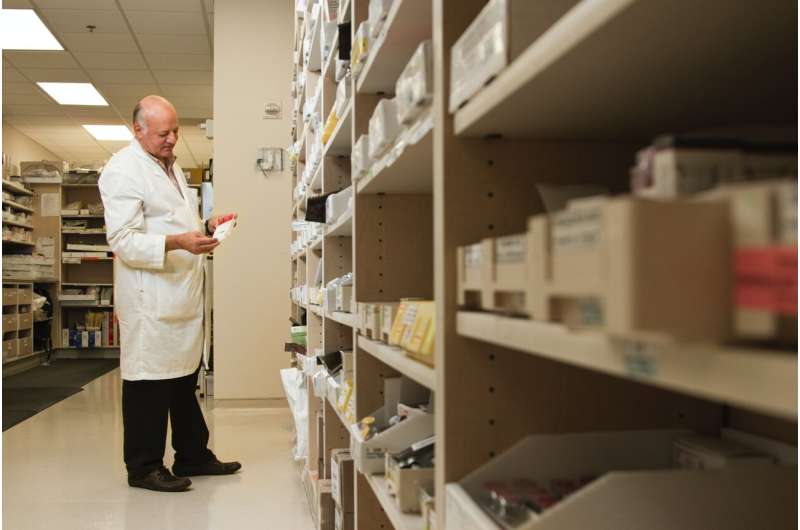Recurrent Cystitis as a Potential Indicator of Urogenital Cancers in Middle-Aged Adults

Recent studies suggest that episodes of cystitis may serve as early indicators of urogenital cancers in middle-aged adults, emphasizing the importance of vigilant clinical assessment following urinary tract infections.
Recent research published in the open access journal BMJ Public Health highlights that episodes of cystitis, commonly known as bladder infection, may serve as early warning signs for urogenital cancers in middle-aged adults. The study, conducted in Sweden and encompassing data from 1997 to 2018, examined over 3.5 million individuals, of whom approximately 17% experienced their first diagnosis of acute cystitis. Notably, most diagnoses occurred within primary care settings and were predominantly in women.
The findings reveal that individuals diagnosed with cystitis are at an increased risk of developing urogenital cancers, especially within the first three months following infection. Men seem to carry a higher risk compared to women. During the follow-up period averaging 15 years, around 7% of the cohort developed urogenital cancers, with prostate, bladder, and endometrial cancers being the most common. Interestingly, nearly 9.5% of cancer cases were preceded by a cystitis episode, with the youngest mean age at diagnosis being 76.
The study showed that the risk levels peaked within three months of cystitis diagnosis and, although they declined over time, they remained elevated for several years. For example, the risk of prostate cancer within three months was seven times higher in those with recent cystitis. Similarly, the risk for bladder and gynecological cancers was significantly increased, with rates more than threefold higher soon after infection.
They also observed that the risk was especially elevated in men aged in their 50s to 70s, with the risk of bladder cancer being twice as high in this group. The researchers emphasize that while this is an observational study and cannot establish causality, the data suggest that acute cystitis may serve as a clinical marker for potential urogenital cancers, prompting earlier investigations.
Limitations of the study include the lack of microbiological confirmation of the infections and data on other factors influencing cancer risk, such as smoking or underlying health conditions. Nevertheless, the evidence supports considering cystitis episodes as potential indicators for further diagnostic assessments in clinical practice.
In conclusion, healthcare professionals should be aware of the increased cancer risk following cystitis, especially within the initial months after infection. Early detection may improve outcomes for urogenital cancers, underscoring the importance of vigilant follow-up for patients presenting with recurrent or severe urinary tract symptoms.
Source: https://medicalxpress.com/news/2025-09-bout-cystitis-presence-urogenital-cancers.html
Stay Updated with Mia's Feed
Get the latest health & wellness insights delivered straight to your inbox.
Related Articles
Can AI Help Prevent Future Strokes by Detecting Hidden Heart Risks Through Brain Scans
A new study demonstrates how AI analyzing brain MRI scans can uncover hidden signs of atrial fibrillation, a key risk factor for stroke, enabling earlier and more accurate detection for better prevention.
Pharmacists Prepare for Potential Impact of Targeted Trump Pharmaceutical Tariffs
Pharmacists are stockpiling essential medicines amid fears that tariffs proposed by President Trump could lead to drug shortages, higher prices, and pharmacy closures. Experts warn of potential disruptions in the pharmaceutical supply chain and increased costs for consumers.
Uncertainty Surrounds Long-Term Routine Lab Monitoring for Rheumatoid Arthritis Patients
A recent study questions the long-term benefits of routine laboratory toxicity testing for rheumatoid arthritis patients on DMARDs, suggesting more personalized approaches may be more effective.



